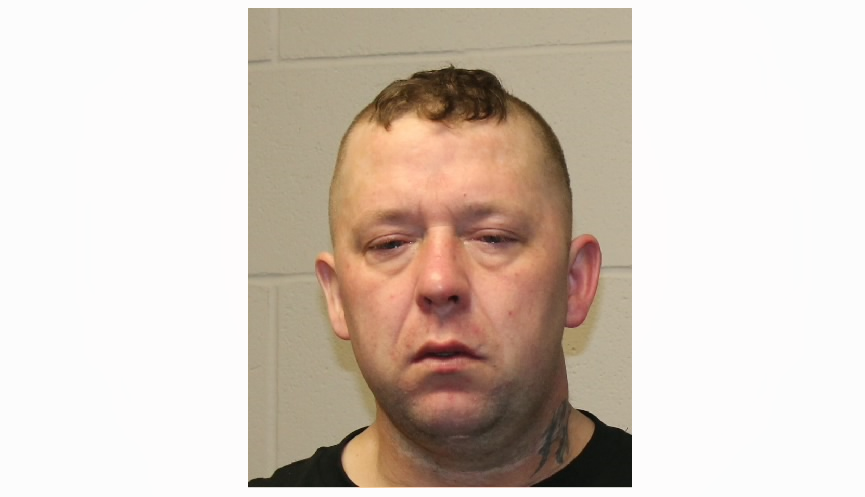New Brunswick announces the protection of another 100,000 hectares of land and water
Posted Jul 14, 2022 06:04:40 PM.
FREDERICTON — The New Brunswick government said Thursday it will protect another 100,000 hectares of land, as part of its commitment to double the amount of protected land and water in the province.
The new designation would permit hiking, camping and hunting in the protected areas but restrict activities such as timber harvesting, mining and quarrying, Natural Resources Minister Mike Holland told reporters.
“Land doesn’t protect itself and forests don’t conserve themselves — they need a voice,” Holland said.
The Progressive Conservative government made an election promise in 2020 to double New Brunswick’s permanently protected land and fresh water to 10 per cent from 4.6 per cent. With the announcement Thursday, the province has protected a total of roughly 420,000 hectares, and it expects to get to 700,000 hectares by April 2023.
A hectare is roughly the size of a football field, including the end zones. Holland said that by April 2023, the total amount of land under protection would be equal in size to about 19 Fundy National Parks.
Environmental groups applauded the announcement, saying it’s an important step in the conservation of the province.
“It’s a big leap in the right direction that the new protected areas include important wild forests in the Gaspereau headwaters, old forest habitats in the Restigouche, and natural areas that connect to Kouchibouguac, Fundy and Mount Carleton,” said Roberta Clowater, executive director with the New Brunswick chapter of the Canadian Parks and Wilderness Society.
Holland said that when the province sought nominations for areas to conserve, it received 1,000 nominations and 800 comments for review.
“Everyone thinks their nature is the best nature. Boy that’s a happy problem for me,” joked Lois Corbett, executive director of the Conservation Council of New Brunswick.
But the six chiefs of the Wolastoqey Nation in New Brunswick say the province ignored its duty to consult Indigenous nations. In a statement issued Wednesday, the chiefs said that what was promised to be a collaborative effort devolved into a unilateral directive from the provincial government.
“We have made repeated requests that the province abandon its unilateral approach to the Nature Legacy Initiative,” said Chief Ross Perley of the Tobique First Nation.
Chief Patricia Bernard of the Madawaska First Nation said the process failed to protect the inherent rights that her community members have to the land.
But Holland said he completely disagrees with the statement from the chiefs.
“This initiative began in 2019 and we engaged with First Nations at the beginning, through the entire process up to and including today, and will continue going forward,” he said. Input from First Nations, he added, informed some of the boundaries of the newly protected areas.
This report by The Canadian Press was first published July 14, 2022.
Kevin Bissett, The Canadian Press








